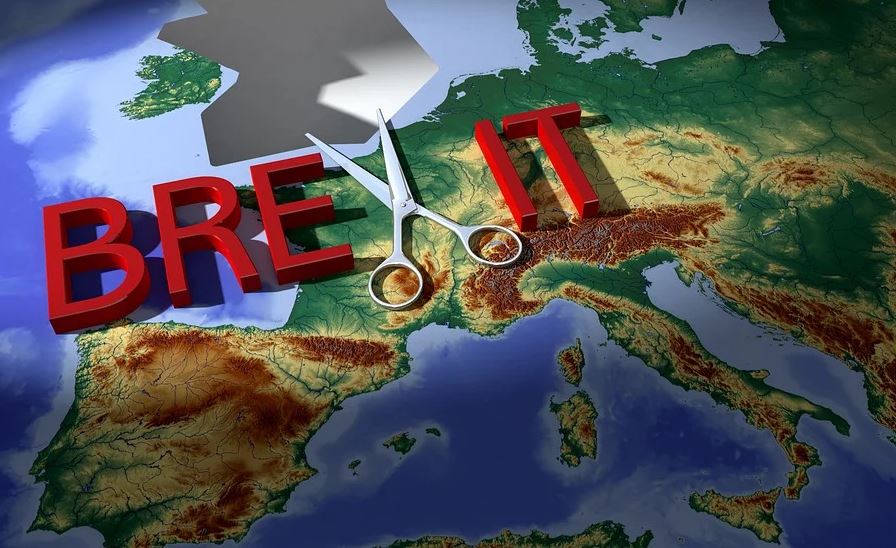It seems that the thing with Brexit is finally settling down and we might get to see the decision confirmed any day now. Many businesses have already started thinking ahead and are making preparations for when the deal goes through.
 One has to be ready for something like this. Bigger companies have already started to open offices or subsidiaries in EU countries in their attempt to hold onto their current customers in continental Europe. Smaller companies too should start making plans so that they are ready when the separation becomes formal. It may not be an easy undertaking, but it has to be done.
One has to be ready for something like this. Bigger companies have already started to open offices or subsidiaries in EU countries in their attempt to hold onto their current customers in continental Europe. Smaller companies too should start making plans so that they are ready when the separation becomes formal. It may not be an easy undertaking, but it has to be done.
Owners of SMEs can also find professionals to help them move abroad and continue their business dealings undisturbed. The letters SMEs stand for mall and medium-sized enterprises.
In order to help you understand how important this transition is, we have included some important tips for you below:
Location
Choosing the best location for your move should be your initial concern. There are many national, regional, and international factors to consider when making such a decision. For example, does your target country or city have the required workforce, i.e., is there an abundance of people with the skills your company needs?
Also, infrastructure is a big factor. Finally, you have to know whether your existing staff is ready to relocate, which in this case is a different country where people’s native language is not English.
Luckily, there are some financial incentives that certain countries are proposing for companies that are thinking of relocating to the EU. Check out what incentives there are and whether you could qualify for them.
The Difference between EU Member States
Don’t for a second disregard the difference between the legal systems of European countries. EU Member states follow a set of predetermined laws that are the same for all. However, each country also has its own unique legislation. The laws in France, for example, are not the same as they are in Germany, Spain, or Italy.
Europe is not a standardized block. Each country comes with its own culture, mentality, and business practices. With these factors come the different rules that have to be followed. Before committing yourself, make sure the laws and customs of the country are the right ones for you, your company’s goals and objectives, and for the staff members who are willing to make the move.
Find Local Experts
An important aspect to consider when making a transition is finding the necessary experts that can assist you. Hiring a local law firm that can help you with all the legal documents is paramount. Your target country probably wants all your relevant documentation translated into their language. Therefore, you will need to find a good translating service.
Luckily, the UK’s Department of International Trade is there to assist companies, while the Chamber of Commerce can give you a list of firms that can help you during the transition period.
Training
 Once you have finally relocated to you target destination, it is time to begin training. Employees need to learn about the new country’s culture, business practices, and language. They will also need to know what the procedures are regarding communicating with the company’s headquarters, subsidiaries, and branches.
Once you have finally relocated to you target destination, it is time to begin training. Employees need to learn about the new country’s culture, business practices, and language. They will also need to know what the procedures are regarding communicating with the company’s headquarters, subsidiaries, and branches.
Are you going to take your office equipment with you or will you purchase them locally? Remember that keyboards are not the same everywhere. If you buy locally, your staff will need to know how to use them properly.
Remember that adapting to a new way of life and culture takes time. Some people may be homesick at first. Try to provide support for those who are finding it harder than their colleagues to adapt. The concept of, for example, deadlines in the United Kingdom might not be the same everywhere. Punctuality is more important UK than in some other countries.
___________________________________________________________
Interesting related article: “What is the European Union?“

